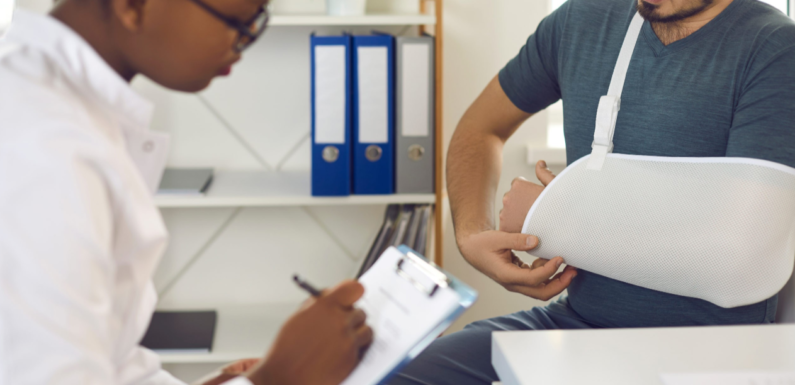
You probably place safety as your number one priority when you are behind the wheel. Despite your focus on your own safety, everyone is different, and you may still find yourself in a motor accident. Even a minor accident in a motor vehicle can cause serious injuries.
Therefore, it’s important to consult a health professional as soon as possible and be prepared with questions. Your doctor will expect you to ask a lot of questions, and there’s no such thing as an insignificant question. Don’t forget to ask these questions.
- What is my prognosis?
Ask your doctor about the prognosis of your injuries. Do they think you will fully recover from your injuries? Will they refer you to a specialist for more specific treatment? When can you expect to get back to your normal routine? You can ask this question during your visit, and the doctor may need to perform some tests first.
- What other issues might arise?
While you might believe your injuries will stop worsening once seen by a doctor, there may be more serious problems lurking beneath the surface. After a car accident, you’ll be inundated with adrenaline, which can mask many issues that may not be immediately apparent. Ask your doctor if new symptoms may appear once the adrenaline wears off and if they need to examine any other potential problems.
- What are my treatment options?
You have control over your health, and the doctor’s job is to explain your options clearly. They should tell you the pros and cons of each option. They might recommend prescription medication, but it may not be necessary. Surgery could be another recommendation, but there are associated risks. Consider visiting a chiropractor for more information on alternative treatment options and thoroughly evaluate each option before making a decision.
- Do I need help at home?
You will eventually return home, so ensure you know how to navigate safely in your home. Ask your doctor if you’ll need assistance from someone around the house. A family member or a close friend may be able to help with tasks like grocery shopping or meal preparation. If you can’t navigate stairs, inquire if you’ll need help with those tasks. Your doctor should advise you on the need for home assistance.
- What can I do? What should I avoid?
Seek advice from your doctor on boundaries. What activities should you engage in at home, and what should you avoid? For example, if you’ve suffered a serious back injury, your doctor might recommend refraining from lifting anything heavier than a certain amount. They may also advise against driving until you’ve fully healed from a head trauma. Follow their guidance on home exercises and strenuous activities.
- What caused my injuries?
Discuss with your doctor the nature of your injuries and how the accident occurred. Share details such as your seat position, the location of the impacting vehicle, and your speed. Your doctor should also explain the cause of your injury, whether it’s related to a head or neck injury or possibly due to penetrating wounds from shrapnel or glass. This information may be needed for future insurance purposes.
- Am I at Risk for Long-Term Disability?
Ask your doctor about potential long-term effects. Seeking medical attention promptly improves your chances of a full recovery, but there may still be residual complications. You could have difficulty regaining full movement in your arms or legs, experience chronic headaches, or suffer from chronic pain. Consider working with a chiropractor to complete the recovery process and avoid long-term complications. A chiropractor can create a treatment plan for your full recovery.
- Can I return to school or work?
Inquire about when you can safely return to school or work. Returning quickly may be crucial to meeting financial responsibilities and academic commitments. The doctor may not allow an immediate return following a car accident, but they can provide a schedule to help you plan accordingly.
Florida Medical Pain Management is here to help you
These are some of the most crucial questions to ask your physician after a car accident. You may have other questions not included in this list, but it’s important to ask these during your next visit. FMPM is available to answer all your questions. If you want a doctor who will provide comprehensive care, consider working with Florida Medical Pain Management.
This article was written by a medical professional at Florida Medical Pain Management. Florida Medical Pain Management is proud to offer comprehensive pain management services to a diverse group of patients. Patients at Florida Medical Pain Management can get help managing hip, knee, leg, and neck pain. The practice also offers comprehensive arthritis management, along with treatments for auto accidents, sports, and work injuries. Click Here to learn more
!

